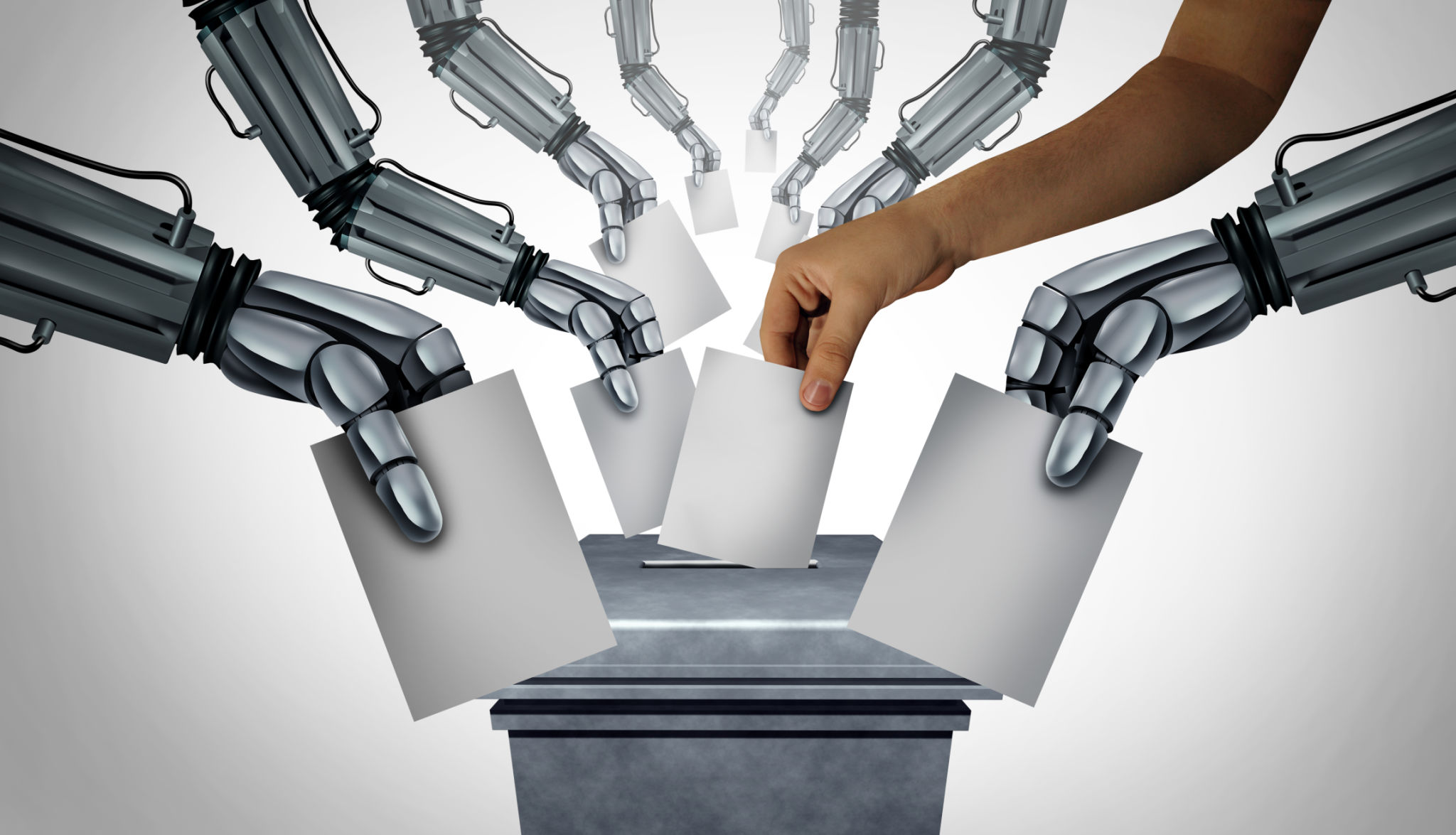The Future of Elections: AI Trends Shaping Political Campaigns
The Rise of AI in Political Campaigns
The integration of artificial intelligence (AI) in political campaigns is not a distant vision but a present-day reality reshaping how elections are conducted. As technology continues to advance, political strategists are increasingly leveraging AI to gain insights, engage voters, and optimize campaign operations. The future of elections is undoubtedly intertwined with AI trends that promise to revolutionize traditional campaigning methods.

Data-Driven Decision Making
AI's ability to process vast amounts of data has transformed the way political campaigns operate. By analyzing voter data, AI can identify patterns and trends that help campaign teams make informed decisions. This data-driven approach enables campaigns to target specific demographics more effectively and tailor messages that resonate with different voter groups. As a result, candidates can allocate resources more efficiently and focus on areas with the highest potential impact.
Personalized Voter Engagement
In an era where personalized communication is key, AI is helping campaigns create customized interactions with voters. Through machine learning algorithms, AI can analyze social media activity, browsing habits, and past voting behavior to craft personalized messages. This level of personalization not only increases voter engagement but also fosters a deeper connection between candidates and constituents.

Streamlining Campaign Operations
AI is also playing a crucial role in streamlining various aspects of campaign operations. From automating administrative tasks to optimizing ad placements, AI tools are helping campaign teams operate more efficiently. For instance, chatbots powered by AI can handle routine inquiries from voters, freeing up human resources for more complex tasks.
Predictive Analytics for Election Outcomes
Predictive analytics is another exciting AI trend shaping political campaigns. By analyzing historical data and current trends, AI systems can forecast election outcomes with impressive accuracy. These predictions allow campaign strategists to adjust their tactics in real-time, ensuring they stay ahead of the competition.

Ethical Considerations and Challenges
While AI offers numerous benefits for political campaigns, it also raises ethical considerations and challenges. Issues such as data privacy, algorithmic bias, and misinformation need to be addressed to ensure fair and transparent elections. Policymakers and technologists must work together to develop guidelines that balance innovation with ethical standards.
The Future of AI in Elections
Looking ahead, the role of AI in elections is expected to grow even further. With advancements in natural language processing and sentiment analysis, AI will continue to improve its ability to engage with voters on a more human level. Additionally, as AI becomes more accessible, even smaller campaigns will be able to leverage these technologies, leveling the playing field across the political landscape.
The future of elections is undoubtedly exciting, with AI trends promising to enhance the democratic process. By embracing these innovations responsibly, political campaigns can not only reach more voters but also foster greater trust and transparency in electoral systems worldwide.